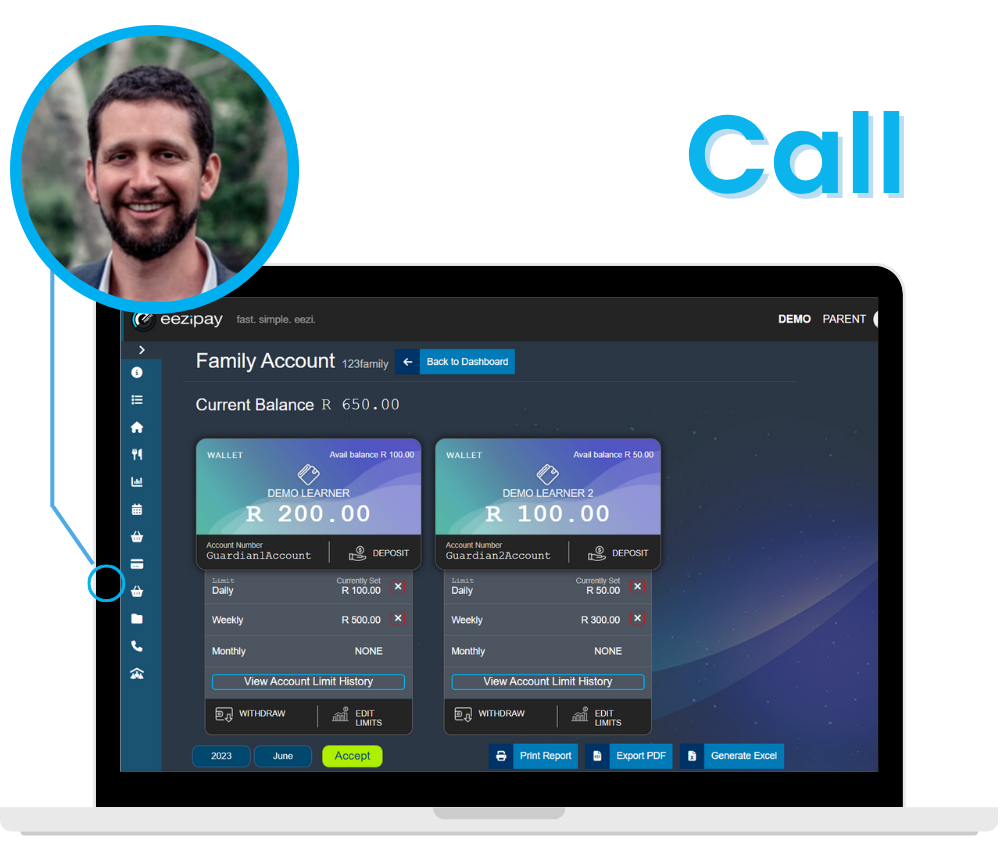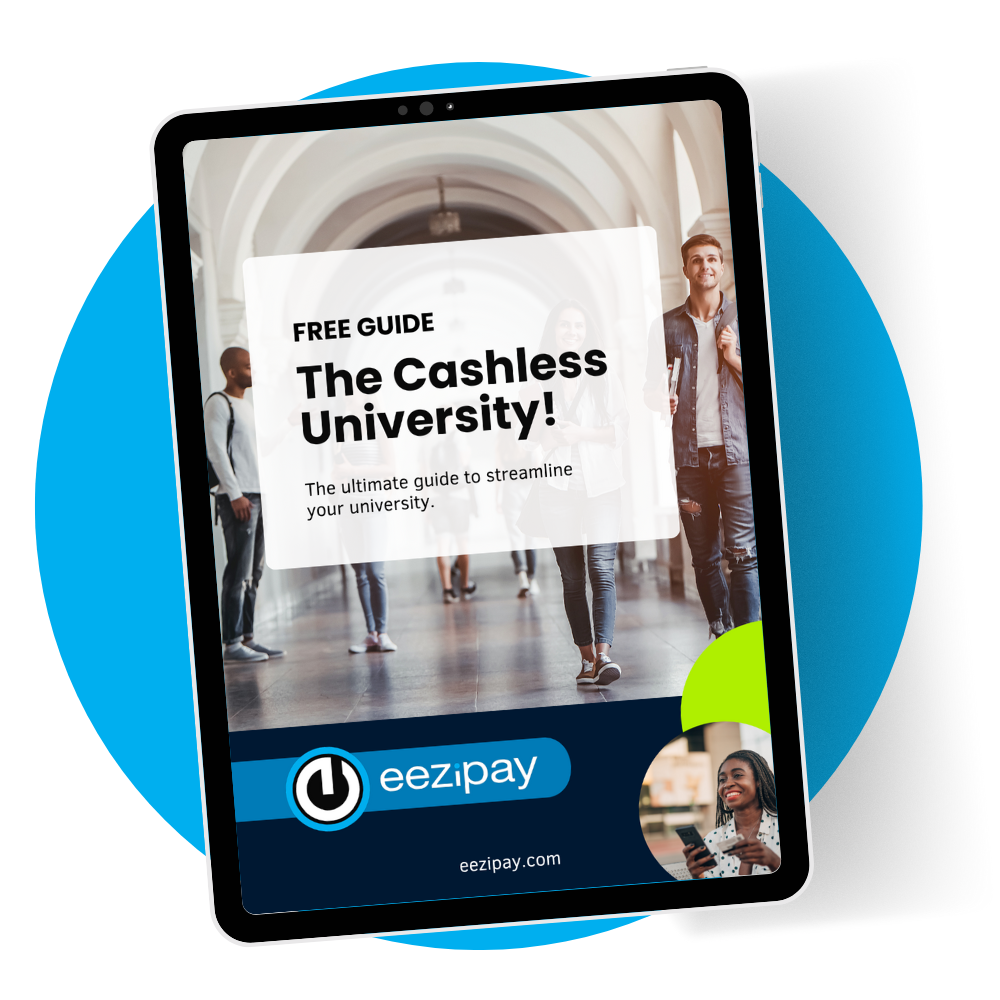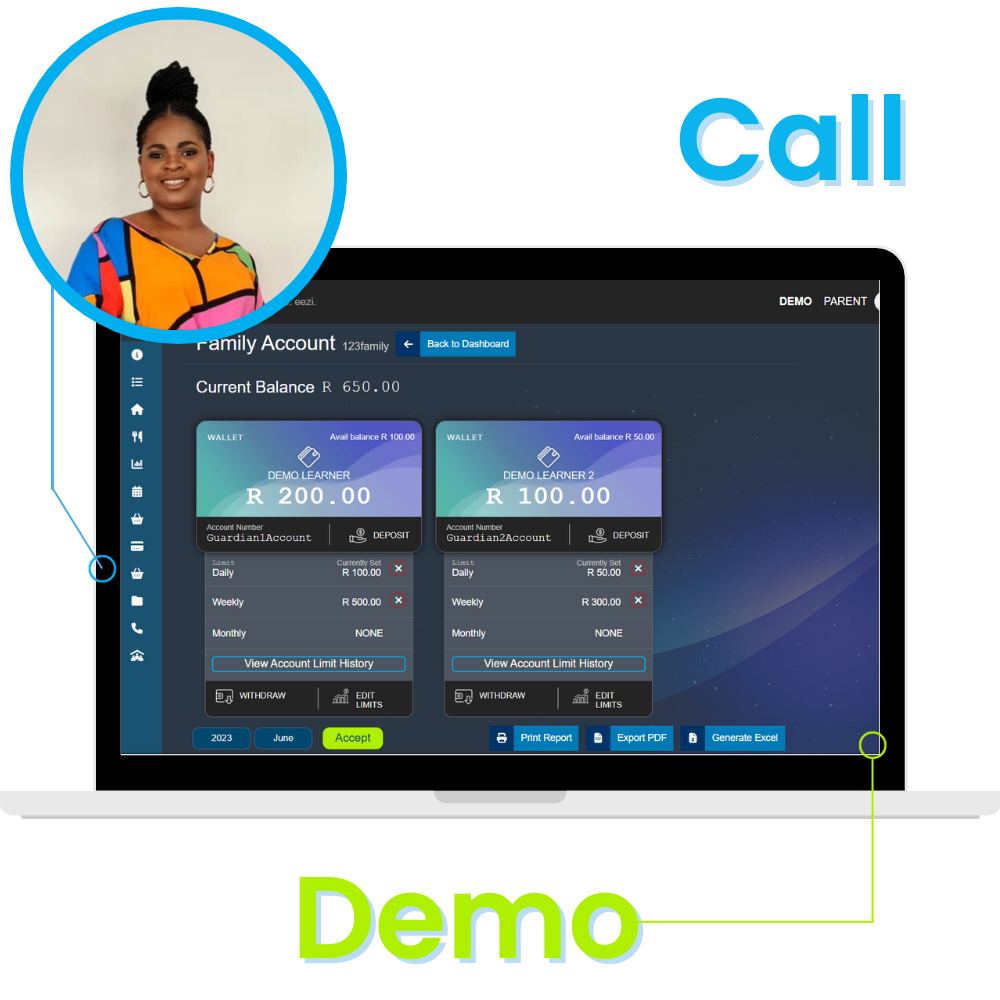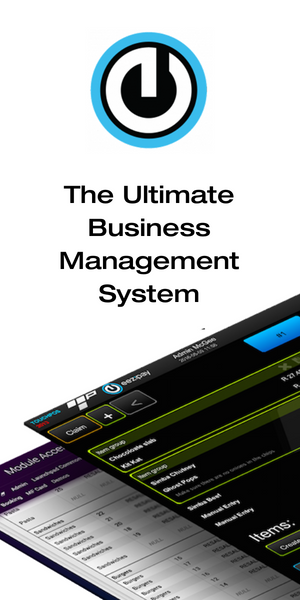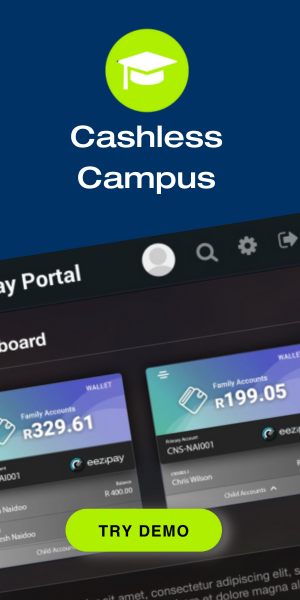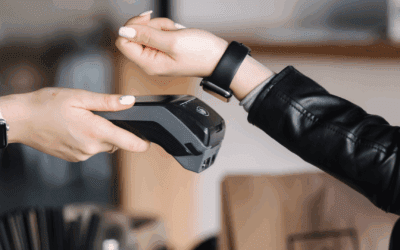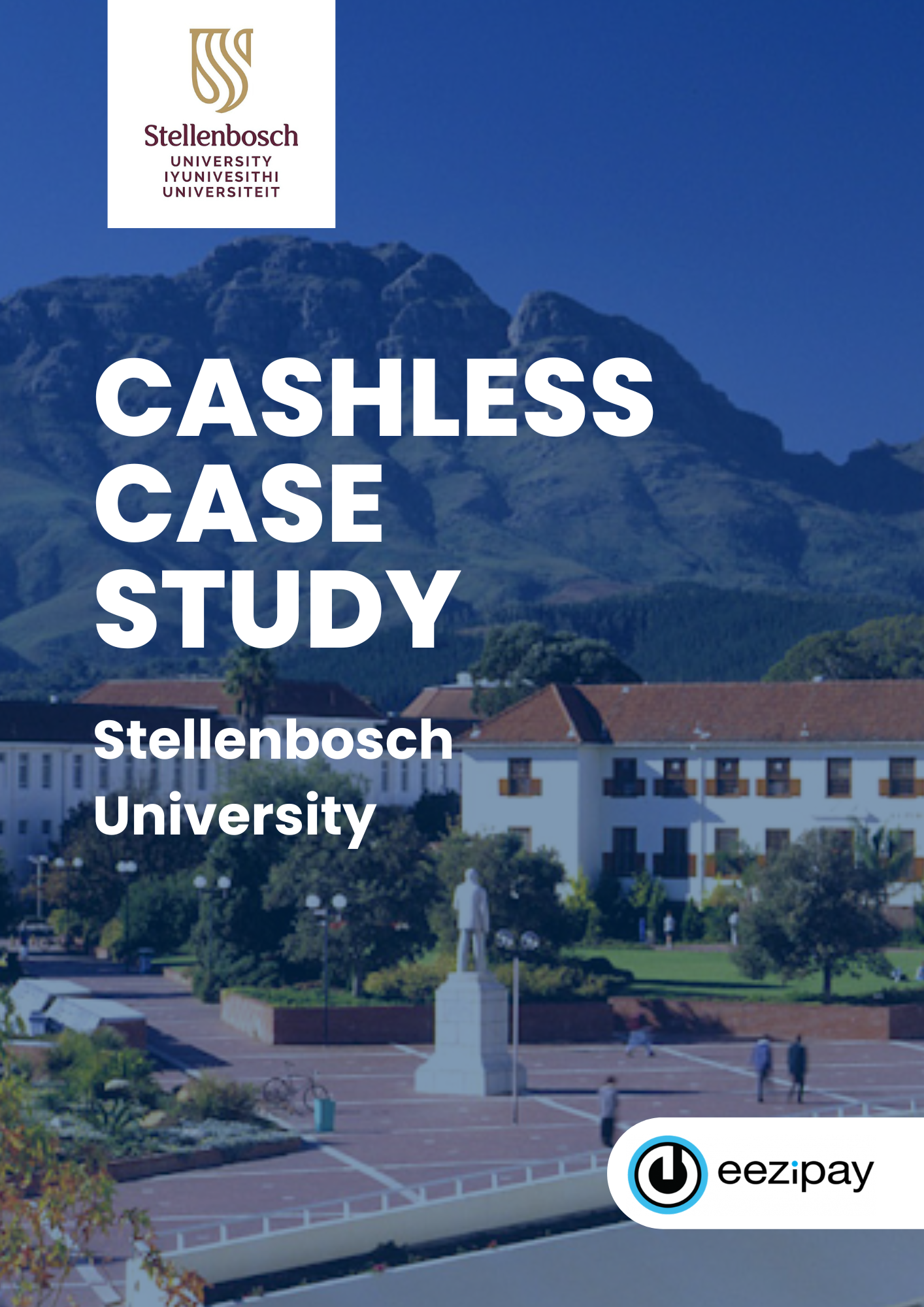Student accommodation in South Africa is undergoing a rapid transformation. With demand for purpose-built student accommodation (PBSA) on the rise, residence managers and housing administrators are under increasing pressure to deliver not only affordable housing but also efficient, student-centred services. Managing a residence today involves much more than simply allocating rooms; it also includes rent collection, maintenance coordination, effective communication, and providing adequate student support. These responsibilities underscore why residential management services have become a cornerstone of modern student accommodation.
This is where residential management services powered by digital platforms are making a decisive impact. By replacing outdated manual processes with smart, integrated systems, these platforms are streamlining daily operations while enhancing the overall student experience. From mobile apps that enable instant rent payments to portals that allow students to log maintenance requests in seconds, digital residence services are redefining what it means to live and study in a connected environment.
In this blog, we explore how digital platforms are reshaping student residence management across South Africa. We will examine how they enhance rent collection, simplify maintenance, strengthen communications, and support student wellbeing, while also helping PBSA operators and administrators achieve efficiency and sustainability in the long term.
Table of Contents
Why Residential Management Services Matter Today
The landscape of student accommodation in South Africa has changed significantly over the past decade. Rising enrolments, increases in Purpose-Built Student Accommodation (PBSA), and greater expectations from students (not just for safety and proximity, but for convenience, responsiveness, and digital access) mean that residence managers and housing administrators can no longer rely on manual and siloed systems.
Residence operators still face many challenges: delayed rent payments, missed maintenance issues, poor communication channels, inadequate tracking of student well-being or support needs, and significant administrative overhead. These inefficiencies eat into budgets, reduce resident satisfaction, and can even affect occupancy and reputation. Good residential management services are thus essential not only to keep the lights on, but to deliver competitive, student-focused living environments.
Expectations are evolving, too. Students today are digital natives; they expect the same features from their residences that they get from consumer-grade apps, such as ease of payment, instant communication, and transparency. PBSA operators who ignore this risk will fall behind. Therefore, digital transformation in student residence management is not an optional upgrade — it’s becoming core to delivering quality, scalable, and sustainable accommodation services.
The Digital Transformation of Student Residence Management
Digital platforms in residential management services bring together many of the traditionally separate functions—rent collection, maintenance, communications, and support—under one digital roof. Instead of relying on spreadsheets, printed notices, phone calls, and walk-ins, modern solutions provide dashboards, mobile or web portals, and sometimes native apps that streamline operations and improve transparency.
Key shifts include:
- Automation of routine tasks (e.g. invoicing, reminders, logging maintenance).
- Data centralisation — having data about payments, maintenance history, and resident feedback in one place.
- Real-time features — immediate notifications, live tracking of repair requests, fast messaging.
- Improved visibility for both administrators and students into what is happening and when.
These changes enable residence managers and PBSA operators to be more proactive: catching maintenance issues early, reducing arrears before they become problematic, and improving resident satisfaction, which in turn supports higher occupancy rates and better reviews.
Streamlining Rent Collection with Digital Solutions
One of the most immediate impacts of digital platforms is on rent collection — traditionally one of the trickiest, most resource-intensive parts of residence management.
How digital tools help:
- Automated billing and reminders: Rather than paper invoices or manual notices, platforms can send electronic invoices, schedule reminders ahead of due dates, and flag late payments automatically.
- Multiple payment options: Online portals often support bank transfers, credit/debit cards, mobile money, or other fintech integrations. This improves convenience for students and reduces the risk of cash handling or late payments.
- Tracking and reporting: Operators gain dashboards showing who has paid, who is late, and which residences or units are trending toward arrears. This data enables targeted follow-ups.
- Reducing disputes: Clear digital records of rent due, payments made, and any late fees, backed up by receipts, reduce misunderstandings.
When embedded into broader residential management services, digital rent solutions ensure consistency and accountability. For PBSA operators, integrating rent into their residential management services ensures payments are seamless, transparent, and reliable. It also gives students clarity and flexibility — increasing satisfaction and trust.
For a deeper dive, see Student Housing Payments: Smart Future Guide for Operators for practical insights on how operators can transition effectively.
Smarter Maintenance and Facilities Management
Maintenance is a frequent source of dissatisfaction in student residences. Broken fixtures, delayed repairs, and unclean common areas all undermine the quality of student living. Digital platforms can help ensure maintenance is timely, accountable and transparent. This has made maintenance a central feature of today’s residential management services.
How digital platforms improve maintenance:
- Instant issue logging: Students can log requests via app or portal, often with uploading a photo or description. This removes delays caused by back-and-forth phone calls or unclear requests.
- Prioritisation and scheduling: The system can help administrators triage issues (e.g. safety versus cosmetic), assign vendors or maintenance staff, schedule follow-ups, and track resolution times. In South Africa, operators like Respublica already use resident portals to log and track maintenance across multiple properties.
- Tracking status & feedback: Students can see status updates (“reported,” “in progress,” “fixed”), which reduces uncertainty. Once resolved, feedback can be collected to ensure quality.
- Preventive maintenance: Platforms that include analytics can help detect trends (e.g. repeated faults in certain units), enabling preventive maintenance rather than reactive fixes.
Operationally, this means fewer emergency repairs, lower repair costs in the long run, and better upkeep of property — benefiting both residents and operators.
Enhancing Communication and Community Building
Efficient communication is central to good management, and digital residence services improve the way residence managers communicate with students, staff, and service providers.
Key communication enhancements include:
- Centralised announcements and alerts: Staff can send out building notices, safety alerts, and event invitations via the platform or app, ensuring all residents see them.
- Two-way communication: Rather than Notice Boards or memos, students can submit feedback, raise concerns, or respond to surveys directly. That gives administrators valuable insights into what matters most (quiet hours, security, cleaning, etc.). Platforms such as DigsConnect are already reshaping how students and housing providers communicate in South Africa.
- Community engagement tools: Digital platforms may host event calendars, peer group forums, or social features that foster community and belonging. A good community environment is increasingly a differentiator in PBSA offerings.
- Emergency and support messaging: Channels for urgent alerts, resident safety or health concerns, and reach-outs when residence policy changes or during crises (e.g. power cuts, lockdowns).
Improving communication minimises misunderstandings and conflicts, enhances satisfaction, and strengthens a residence’s reputation. Digital platforms help ensure messages are not lost or ignored. Clear communication is one of the pillars of effective residential management services in student housing.
Supporting Student Success Through Integrated Services
Beyond the basics of rent, maintenance and communication, student wellbeing and support are increasingly part of what good residential management services must provide.
Digital platforms support student success by:
- Resource directories: Portals can link to counselling services, financial advice, study support and health resources. Having this in one place reduces friction for students in need of help.
- Monitoring well-being: Some platforms include check-ins, survey tools or analytics to detect issues (stress, mental health, isolation). Prompt interventions can be arranged.
- Financial wellness tools: Budgeting features, reminders of dues, and financial counselling access help students manage their finances without slipping into arrears.
As outlined in Student Financial Wellness: Why It Matters for Student Residences, digital platforms that link finance and wellbeing can have a profound effect on student success.
- Integration with university services: Where possible, linking residence platforms with broader institutional services (e.g. learning management, student finance offices) makes for more cohesive student support.
When students feel supported, the result is often better academic performance, lower dropout rates, and more positive feedback about residence life, which in turn strengthens the PBSA’s market position.
The Business Case for PBSA Operators and Administrators
Adopting digital residential management services in South Africa isn’t just about being modern — there are strong financial, reputational, and operational incentives.
Operational Efficiency Gains:
- Reduced manual workload — fewer phone calls, fewer paper forms, less chasing up rent.
- Better resource allocation — knowing where maintenance budgets are going, which complaints are frequent, and allowing for targeted improvement.
- Less risk of human error or communication lapse.
Data Driven Decision-Making:
- Analytics dashboards enable insights into occupancy trends, rent arrears, maintenance backlogs, and resident satisfaction.
- Forecasting becomes possible, for example, by knowing when arrears are likely to rise or which residential infrastructure needs upgrading.
- Data-driven insights are becoming a hallmark of next-generation residential management services.
Competitive Advantage:
- Students increasingly compare residences not just by price or location but by experience. Digital amenities and reliable services can be differentiators.
- Higher retention and positive reviews come from residents who feel heard and well-taken care of.
In markets where PBSA supply is growing fast, operators who leverage digital platforms will be more resilient, more attractive to prospective residents, and able to scale without proportionally scaling costs.
Overcoming Barriers to Digital Adoption
Despite the benefits, many PBSA operators still face hurdles when moving from manual to digital systems. Below, we outline common barriers to adopting residential management services and practical ways to overcome them.
| Barrier | Solution / Mitigation |
|---|---|
| Upfront Costs: investing in software, licensing, and integration. | Start with modular solutions; run pilot projects; negotiate scalable pricing; consider partnerships or vendor-financing. |
| Staff Resistance / Training: Reluctance to change workflows. | Provide robust training programs; involve staff in selection; emphasise how digital tools reduce, not increase, workload. |
| Integration Challenges: existing legacy systems or manual processes. | Choose platforms with open APIs; ensure data migration planning; phased rollout to avoid major disruption. |
| Digital Divide Issues: students or staff with limited access or digital literacy. | Provide alternatives (in-person support); ensure mobile-friendly platforms; provide orientation to new systems. |
| Data Security / Privacy concerns. | Adopt platforms compliant with POPIA; ensure secure data handling, backups and clear privacy policies. |
By planning implementation carefully, PBSA operators can avoid the common pitfalls and ensure that digital residential management services deliver long-term value without unintended negative consequences.
The Future of Residential Management Services
Looking ahead, several trends are likely to shape how residential management services evolve in the student accommodation sector:
- AI and Predictive Analytics
Platforms will increasingly use predictive models to forecast which residences are likely to have maintenance issues, arrears spikes, or occupancy declines, enabling preventative action. - Smart Building and IoT Integration
From smart lighting and access controls to sensors that detect water leaks or monitor energy usage, residences will become more responsive and efficient. This reduces operational cost and improves sustainability. - Enhanced Virtual and Augmented Reality Tools
For example, virtual tours, augmented maintenance guides (helping students or staff do simple repairs), or immersive orientation for new residents. - Greater Personalisation and Resident Experience
Tailored digital services based on resident profiles — preferences for communication, study spaces, and extra services. Experience will become a central differentiator. - Sustainability & ESG (Environmental, Social, Governance)
Digital tools will help operators measure energy usage, water consumption, and waste generation. Green credentials will become more important for students and institutions alike. - Regulatory & Compliance Evolution
As governments and universities impose higher standards around student safety, data protection, and accommodation quality, digital platforms will help ensure operators stay compliant with less friction.
Building Smarter Student Living with Digital Platforms
In summary, residential management services powered by digital platforms are transforming how student living is managed in South Africa. They streamline rent collection, elevate maintenance, improve communication, and enhance student support, all while making operations more efficient, data-driven and competitive.
For residence managers, PBSA operators, and housing administrators, the message is clear: embracing digital residence services is no longer optional but essential. The sooner a modern, integrated platform is adopted, the sooner the benefits — financial, reputational, and experiential — begin to accrue. Ultimately, modern residential management services represent the bridge between efficient operations and exceptional student living.
Partnering for Smarter Student Living
Ready to modernise your residence? Contact Eezipay today to book a demo and see how our residential management services can future-proof your operations, improve efficiency, and create a student experience that stands out in South Africa’s growing PBSA sector.


